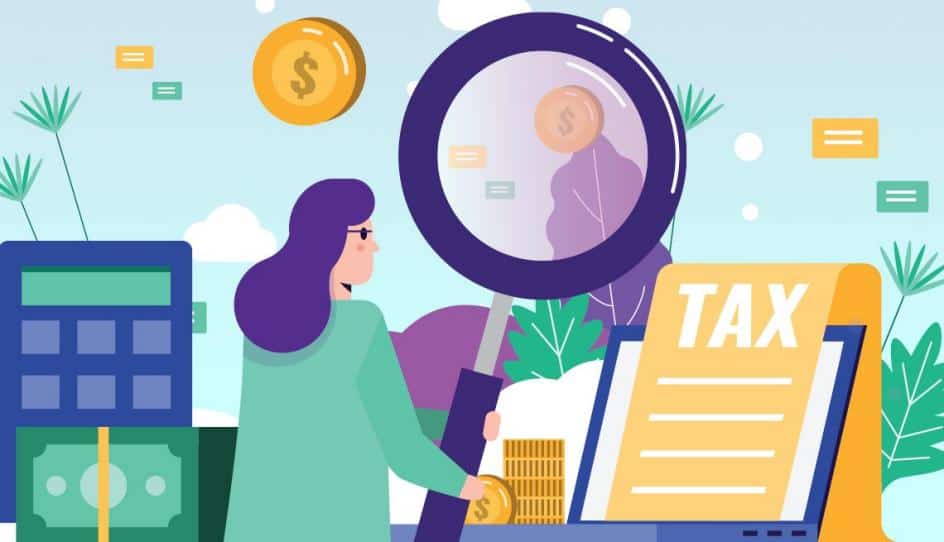
Tax time is stressful enough. Having someone file a bogus claim in your name or discovering that your tax preparer is a fake can ratchet up the stress to stratospheric levels.
Prevention is the best way to avoid getting your tax return hijacked. If someone does file a false return in your name, you can fix the problem, but it’s a sure bet that your refund will be delayed.
Preparer fraud
Scammers have plenty of ways to take advantage of you, but two favorite scams occur during tax time. Since the start of the COVID-19 epidemic, tax-related identify theft has increased by 45 percent, says Linda Williams, community outreach and training manager for Consumer Action.
The first type of tax scam is preparer fraud. The criminals set up shop as expert tax preparers and promise big refunds. For a fee, they fill out a return filled with trumped-up tax deductions and credits, with your name on the return. When the refund rolls in, it will go to their own bank accounts. By the time you come looking for them, they’ll be long gone.
WARNING SIGNS THAT YOUR TAX PREPARER MAY BE A FRAUD
- They refuse to sign the return or enter a Preparer Taxpayer Identification Number. The Internal Revenue Service (IRS) requires both if someone else prepares your return. The IRS will initially assume that it’s you who attempted tax fraud. You can look up legitimate tax preparers in a searchable IRS database.
- They base their charges on a percentage of your refund.
- They ask you to sign a blank or incomplete tax form.
- They file the return without allowing you to review it.
But the crime can get worse: “If that person is willing to lie [to get your business], they probably are willing to use your information to steal your identity,” says Rosario Mendez, an attorney with the Division of Consumer and Business Education at the Federal Trade Commission.
For tips on other types of fraud and how to avoid being tax hacked, from the AARP, CLICK HERE.


